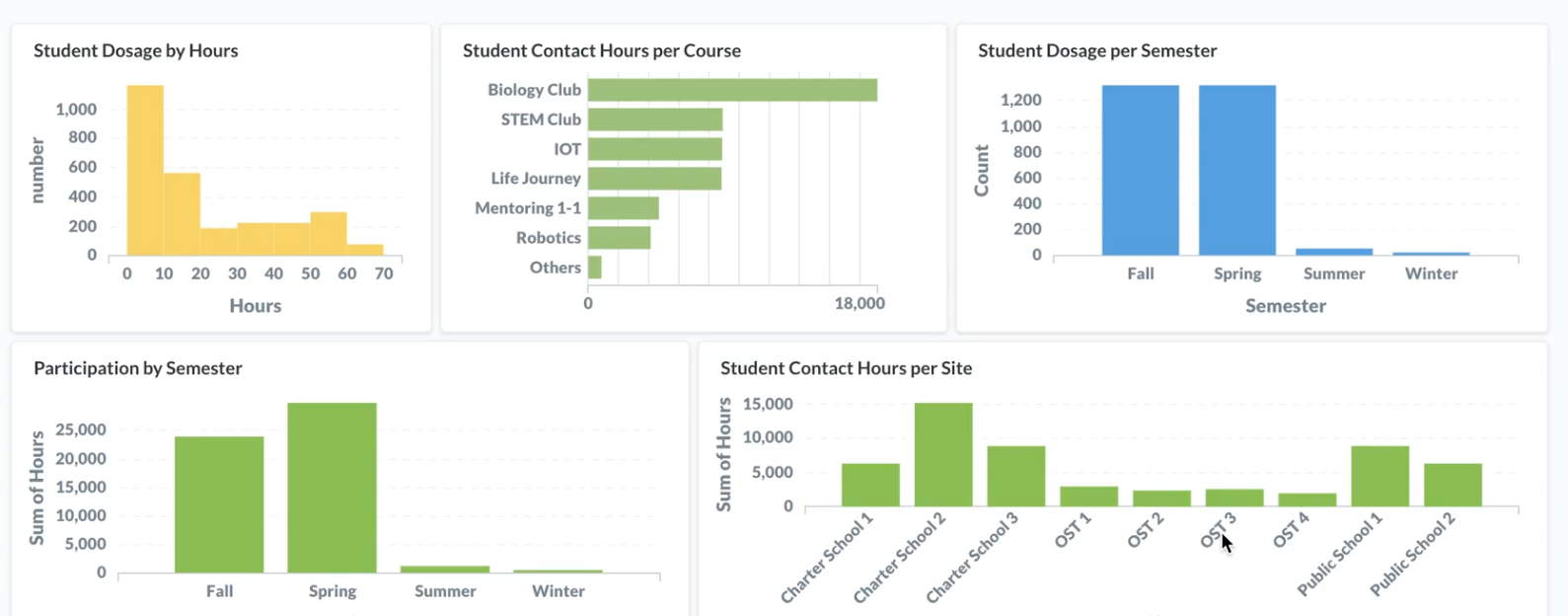You deserve effortless and accurate data reports
So you can focus on your mission.

Do you spend days …
Your Data is All Over the Place
The problem is, you spend precious time tracking down important numbers that should be right at your fingertips.
You Are Overwhelmed
Days spent messing around with spreadsheets and canned reports. This isn’t what you signed up for.
Your Reports are Probably Wrong
You spent all week getting reports together for a presentation. Now you are embarrassed to find the numbers aren’t even right.

All Together Now.
Most nonprofits spend days putting together reports for board meetings and funders. Inciter brings your data together and connects it to a simple reporting tool, saving you time and energy. Imagine having more time to focus more on your mission and less on your data.

How we do it
These three steps are part of every process we implement. Using this process, there are no surprises and you get the best system for your organization.
What Clients Are Saying
“Inciter staff worked with us, customizing our database to record information specific to our program, clients, and changing funders’ requirements, making reporting a wide range of data possible and easy.”
Domestic Violence Nonprofit DirectorBaltimore, MD
“Inciter has been an incredibly useful tool for our agency to collect data from our multiple partners. Inciter staff are reliable, responsive, and very helpful. They really listen and use their data expertise to tailor our database specifically for us!”
- Human Trafficking Agency DirectorContra Costa, CA
What We're Saying
Let's Work Together!
Most nonprofits spend days putting together reports for board meetings and funders. The Inciter team brings together data from many sources to create easy and effortless reports. Our clients go from spending days on their reports, to just minutes.

